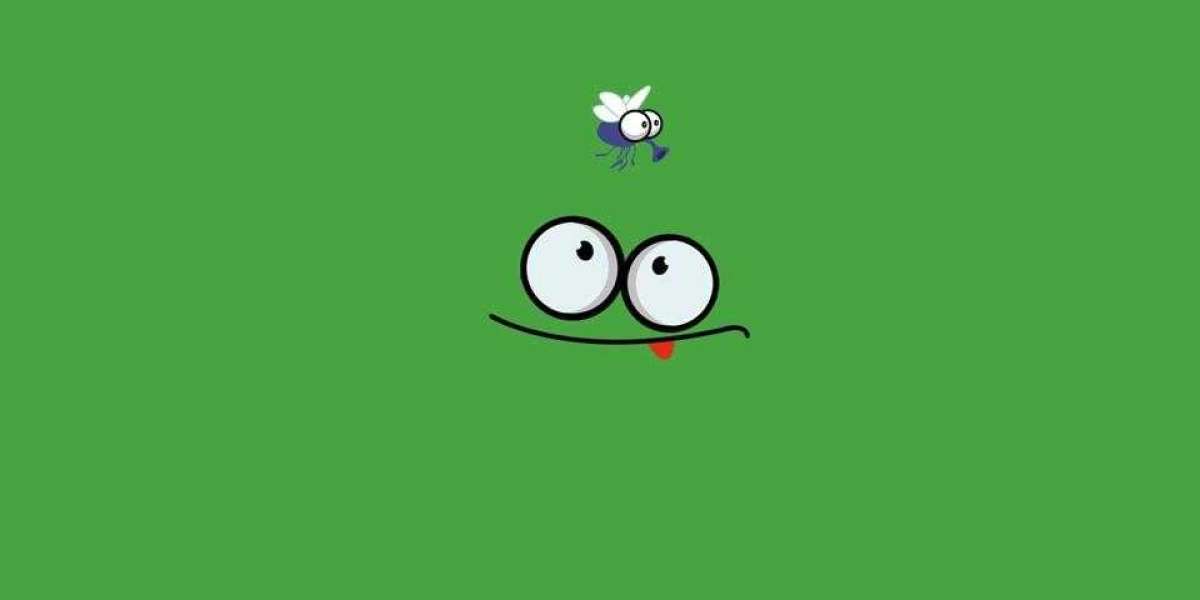Bipolar disorder is a mental health condition that causes changes in mood, energy, sleep and thinking. It's a serious illness that affects your life, your family and your job.
It can take months or years to get an accurate diagnosis. When you do, it's important to find a treatment plan that works for you.
Mood Episodes
Bipolar disorder (formerly called manic-depressive disorder) causes cycles of extreme low and high moods. The periods of low mood are called 'depressive episodes'.
A manic episode involves feelings of elation, energy, and excitement. You might also spend large amounts of money on things you can't afford or wouldn't normally want, talk quickly and be easily annoyed.
Hypomania is a less severe type of manic episode that doesn't involve a break from reality (psychosis). During this phase, you might feel very productive and energized.
The number of cycling mood episodes, which consist of depression (major or minor), mood elevation (mania or hypomania), or alternating syndromes of depression and mood elevation separated by less than 8 consecutive weeks with euthymia, was 304 out of 1208 prospectively observed mood episodes. During the follow-up period of this study, the probability of recovery from cycling mood episodes was significantly lower for subjects who had a severe onset of mania or greater cumulative morbidity than for those who had a normal onset.
Treatment
There are a number of treatments available to help people with bipolar disorder. These range from medication to psychotherapy and lifestyle changes.
Medication is used to treat manic and depressive episodes, and to prevent relapse. It is important to continue taking your medications as prescribed, even if you feel well.
It is also important to stick to a treatment plan and communicate with your doctor as you progress. It can take months or years to find the right combination of medication, psychotherapy and lifestyle changes for you.
Self-management strategies are also a good way to manage symptoms and reduce relapses. These include education and identifying the early signs of an episode or possible triggers.
Psychotherapy is a type of talk therapy that aims to help you identify and change troubling emotions, thoughts and behaviours. It can be done individually or with a group of people with shared experiences. It can help you improve your relationships and communication skills.
Suicide Risk
Bipolar disorder is a severe psychiatric illness that affects a large proportion of the population. It is a complex and chronic disease with numerous complications, including the possibility of suicidal ideation and attempts.
It is estimated that up to 4-19% of patients with BD eventually end their lives by suicide, while 20-60% of them attempt suicide at least once in their lifetime. In addition, comorbidity with other psychiatric, addictive or severe somatic disorders increases the risk of suicide.
A number of risk factors have been identified and described, for instance a history of previous suicide attempt, family history of suicide and mood disorders, frequent prior hospitalizations, early age at onset of the illness, rapid-cycling course, predominant depressive polarity during the prior course and a long untreated duration of the illness. In addition, sociodemographic features such as divorce, unmarried or single-parenthood, occupational problems and unemployment are all associated with elevated levels of suicidal behaviour. Adversities in personal history (childhood trauma, for example), impulsive/aggressive traits and pessimism also increase the risk.
Children
Bipolar disorder, also known as manic-depressive disorder, is a mental health condition that causes extreme mood and energy changes. The symptoms of bipolar disorder include depressive episodes (sadness, lack of interest in activities, loss of energy and weight gain) and mania (feeling "up," or energized and happy).
Children with bipolar disorder may cycle between a depression and a manic episode much more quickly than adults do. This cycling may happen several times per day.
If your child has a bipolar disorder diagnosis, the treatment plan will vary depending on the age and stage of your child’s illness. Your child and their doctor will work together to develop a plan that works for them.
Medication can help stabilize moods in many people with bipolar disorder. Medication is most effective when it is taken consistently.






